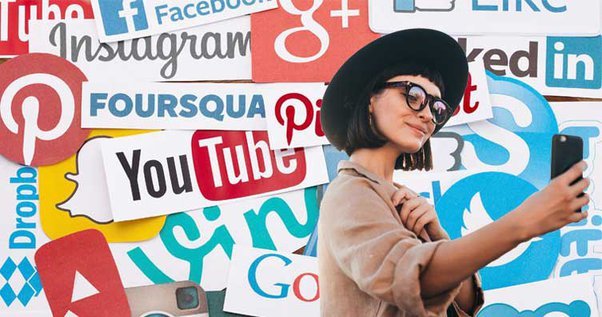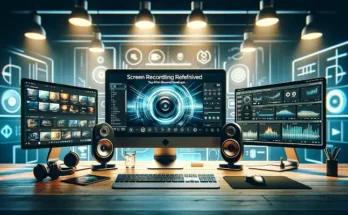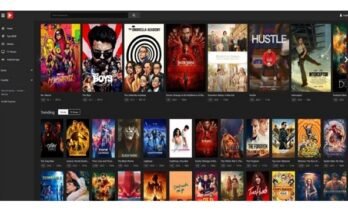In recent years, the emergence of disabled influencers on social media platforms has brought about a significant shift in the way society perceives disability. These individuals are not only using their platforms to share their stories and experiences but also advocating for disability rights, promoting disability culture, and inspiring people around the world.
Importance of Disabled Influencers

Share your stories and experiences
One of the most powerful aspects of social media is its ability to amplify voices that have traditionally been marginalized. Disabled influencers are using platforms like Instagram, Twitter, and YouTube to share their personal stories and experiences living with disabilities. Through candid posts and heartfelt videos, they provide insights into their daily lives, challenges, and triumphs, fostering empathy and understanding among their followers.
Advocate for disability rights
Disabled influencers are also serving as powerful advocates for disability rights. By raising awareness about issues such as accessibility, employment discrimination, and healthcare disparities, they are driving conversations and pushing for change. Through online campaigns, petitions, and collaborations with disability rights organizations, they are amplifying the voices of the disabled community and fighting for equal rights and opportunities.
Promoting the disability culture
Another important role of disabled influencers is promoting disability culture. They celebrate the unique perspectives, talents, and contributions of disabled individuals, challenging stereotypes and misconceptions. Through art, music, fashion, and other forms of creative expression, they showcase the richness and diversity of the disability community, fostering a sense of pride and belonging among their followers.
Inspiring people
Perhaps most importantly, disabled influencers serve as sources of inspiration for people of all abilities. By sharing their personal journeys of resilience, perseverance, and self-acceptance, they empower others to embrace their own differences and pursue their dreams. Through their authenticity and authenticity, they demonstrate that disability is not a limitation but rather a source of strength and empowerment.
Challenges Faced as a Disabled Influencer
Despite the positive impact they are making, disabled influencers also face significant challenges in navigating the digital landscape.
Ableism
One of the biggest obstacles they encounter is ableism – the systemic discrimination and prejudice against disabled people. From encountering hurtful comments and microaggressions to being denied opportunities due to their disabilities, they often have to contend with ableist attitudes and barriers.
Accessibility
Accessibility is another major challenge for disabled influencers. Many social media platforms and digital content are not designed with accessibility in mind, making it difficult for people with disabilities to fully participate. From inaccessible images and videos to lack of captioning and screen reader compatibility, they often have to advocate for better accessibility standards.
Lack of representation
Another issue faced by disabled influencers is the lack of representation in mainstream media and advertising. Despite being a diverse and vibrant community, disabled people are often underrepresented or portrayed stereotypically in the media. This lack of representation not only perpetuates harmful stereotypes but also limits opportunities for disabled influencers to reach wider audiences.
Importance of Collaboration
To overcome these challenges and effect meaningful change, collaboration is essential. Disabled influencers must work together with allies, advocates, and organizations to amplify their voices, advocate for policy changes, and create more inclusive spaces online and offline.
Education and Awareness
Educating the public about disability issues and raising awareness about the experiences and perspectives of disabled people are also critical aspects of advocacy. Disabled influencers can use their platforms to share educational resources, debunk myths and misconceptions, and challenge ableist attitudes and behaviors.
Mental health advocacy
In addition to physical barriers, disabled influencers often face mental health challenges stemming from societal stigma, isolation, and discrimination. By speaking openly about their mental health struggles and advocating for better mental health support and resources, they are helping to break down barriers and promote holistic well-being within the disability community.
Changing the beauty standards
Disabled influencers are also challenging narrow beauty standards and promoting body positivity and self-love. Through their fashion choices, beauty tutorials, and body-positive messages, they are redefining what it means to be beautiful and empowering others to embrace their bodies and disabilities.
Global Advocacy
Advocacy for disability rights is not limited to any one country or region – it is a global movement. Disabled influencers are using their platforms to connect with activists and advocates around the world, sharing resources, strategies, and solidarity to advance the rights and inclusion of disabled people on a global scale.
Celebrate your achievements
Despite the challenges they face, disabled influencers continue to achieve remarkable success and make significant contributions to society. It is important to celebrate their achievements and recognize the valuable role they play in shaping attitudes, policies, and perceptions about disability.
Intersectionality
It is also crucial to recognize that disability intersects with other aspects of identity, such as race, gender, sexuality, and class. Disabled influencers must advocate for an intersectional approach to disability rights, addressing the unique challenges and experiences faced by disabled individuals from marginalized communities.
Educating allies
Finally, disabled influencers must actively engage and educate allies in the fight for disability rights. By sharing their perspectives, experiences, and needs, they can foster allyship and solidarity among non-disabled individuals and communities, driving collective action and change.
Better advocacy
In conclusion, disabled influencers are playing a crucial role in shaping conversations, policies, and perceptions about disability in the digital age. Despite facing numerous challenges, they are using their platforms to advocate for rights, promote inclusion, and inspire others to embrace their differences. By working together and advocating for systemic change, they are paving the way for a more accessible, equitable, and inclusive world for all.
Also, Reads More>>>Dental Clinic in Georgia




